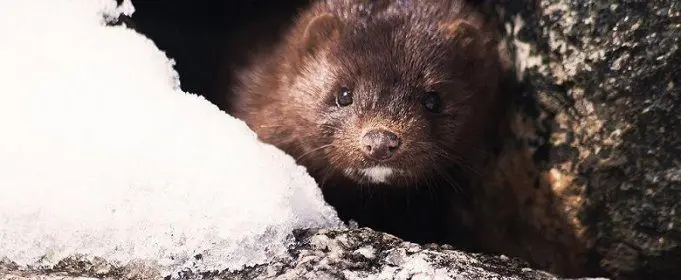Estonia became the first Baltic country to ban fur farms. The Estonian parliament voted to ban the breeding of animals for fur. 56 deputies voted for and 19 against, postimees.ee reports. Fur farms in Estonia will have to close by January 1, 2026.
Earlier, the Estonians themselves spoke in favor of such a proposal. This is confirmed by data from last year’s polls from several organizations. More than 75% of the country’s population opposed the production of fur from the skins of fur-bearing animals.
Another survey showed that 66% of men and 83% of women in Estonia opposed the work of fur animal farms. The share of those supporting the closure of such enterprises is large not only in cities, but also in rural areas. For example, in the capital of the country there were 74% of them, the same number in other cities, and in villages – 72%.
Fur farms are now banned in the UK, Norway, Holland, Austria, Croatia, Slovenia, Macedonia, Serbia, Bosnia and Herzegovina, Slovakia, Luxembourg, Belgium, Czech Republic, Denmark and Sweden.
In the meantime, a few days earlier, the European Parliament voted to stop the cultivation of animals in cages.
The ban should be introduced by 2027
The European Parliament has passed a groundbreaking resolution calling on the European Commission to abandon cruel cell systems in animal husbandry.
This is a historic moment for the more than 300 million farm animals such as chickens, pigs and rabbits that are kept in cages. Critics of industrial farming methods hailed the “landmark victory”: 558 MEPs voted in favor of the ban, only 37 opposed and 85 abstained. The ban should be introduced by 2027, reports ciwf.org.uk.
MEPs also called on the Commission to “put forward proposals to ban the cruel and unnecessary force-feeding of ducks and geese for foie gras production,” while continuing to prioritize the welfare of farm animals. Taking it one step further, MEPs pushed the Commission to revise EU animal welfare legislation by 2022 instead of 2023 as previously planned. This will ensure that a ban on the use of cages in livestock production is enacted before the current Commission leaves office in 2024.







